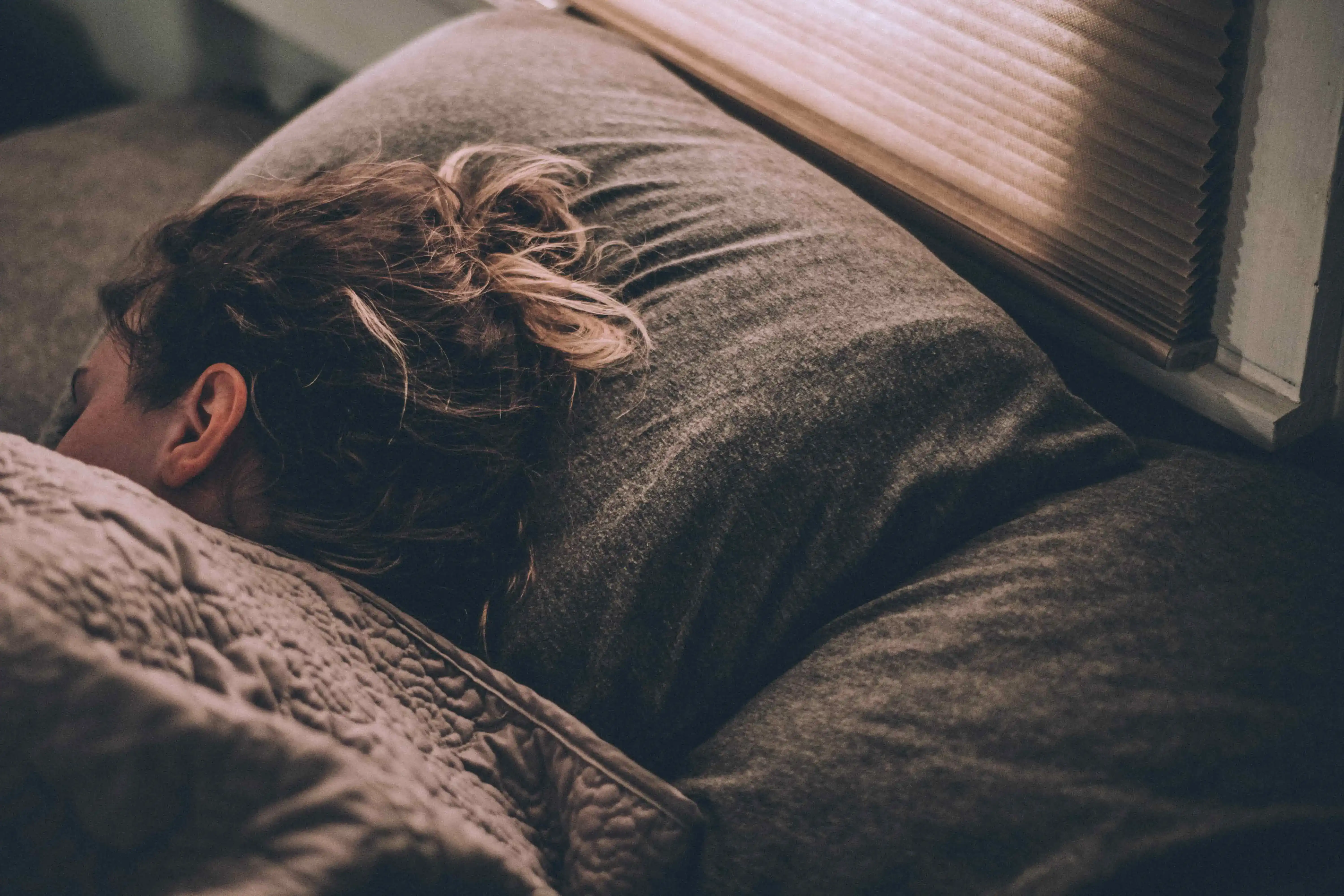The Sweet Slumber Guide: Tips for Falling Asleep

Quality sleep is the cornerstone of a healthy and productive life. However, for many, falling asleep can be a nightly challenge. In this article, we'll delve into the world of sleep wellness and provide you with effective tips for falling asleep. By incorporating these practices into your bedtime routine, you can make each night's journey to dreamland a restful and rejuvenating one.
Creating a Relaxing Bedtime Routine:
1. Consistent Sleep Schedule:
- Aim to go to bed and wake up at the same time every day, even on weekends. This helps regulate your body's internal clock.
Your body operates on an internal clock, and sticking to a consistent sleep schedule helps it function optimally. Try to go to bed and wake up at the same time every day, even on weekends. This practice helps regulate your body's natural rhythms, making it easier to fall asleep and wake up feeling refreshed.
2. Wind Down Gradually:
- Engage in calming activities an hour before bedtime. This can include reading, gentle stretches, or a warm bath to signal to your body that it's time to relax.
Give yourself a buffer zone to transition from the day's activities to sleep. Engage in calming activities an hour before bedtime. Reading a book, practicing gentle stretches, or taking a warm bath can signal to your body that it's time to wind down and relax.
3. Create a Comfortable Sleep Environment:
- Ensure your sleep environment is conducive to rest. This means a comfortable mattress, cool room temperature, and minimal noise and light.
A comfortable sleep environment is vital for quality slumber. Invest in a comfortable mattress and pillows that suit your preferences. Maintain a cool room temperature, reduce noise, and minimize light to create an ideal sleep space.
Relaxation Techniques for Better Sleep:
1. Deep Breathing:
- Practice deep breathing exercises to calm your mind and reduce stress. Inhale deeply through your nose, hold your breath for a few seconds, and exhale slowly through your mouth.
Deep breathing is a simple yet effective technique to calm your mind and reduce stress. Practice deep breaths by inhaling deeply through your nose, holding your breath for a few seconds, and exhaling slowly through your mouth. This technique can help ease anxiety and promote relaxation.
2. Progressive Muscle Relaxation:
- Focus on relaxing each muscle group in your body one at a time. Start at your toes and work your way up to your head.
Progressive muscle relaxation is a method that involves sequentially relaxing each muscle group in your body, starting from your toes and moving up to your head. By releasing tension in your muscles, you can achieve a profound state of relaxation, making it easier to fall asleep.
Healthy Sleep Habits:
1. Limit Screen Time:
- Reduce exposure to screens, such as smartphones and tablets, at least an hour before bedtime. The blue light emitted by these devices can interfere with your sleep cycle.
The blue light emitted by screens, including smartphones and tablets, can disrupt your sleep cycle. To prepare for restful sleep, limit screen time at least an hour before bedtime.
2. Watch Your Diet:
- Avoid heavy meals, caffeine, and alcohol close to bedtime. These can disrupt your sleep and lead to discomfort.
What you eat and drink can significantly impact your sleep. Avoid heavy meals, caffeine, and alcohol close to bedtime, as these can disrupt your sleep and lead to discomfort.
Conclusion:
Falling asleep peacefully is a skill that can be honed through healthy sleep habits and relaxation techniques. By creating a calming bedtime routine, practicing relaxation methods, and incorporating smart sleep practices into your life, you can improve your sleep quality and enjoy the benefits of a well-rested body and mind. Embrace these tips for falling asleep, and make sweet slumber a nightly reality.


